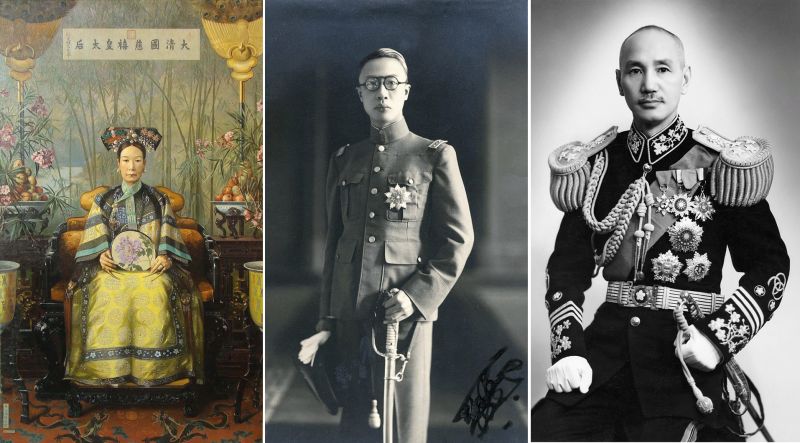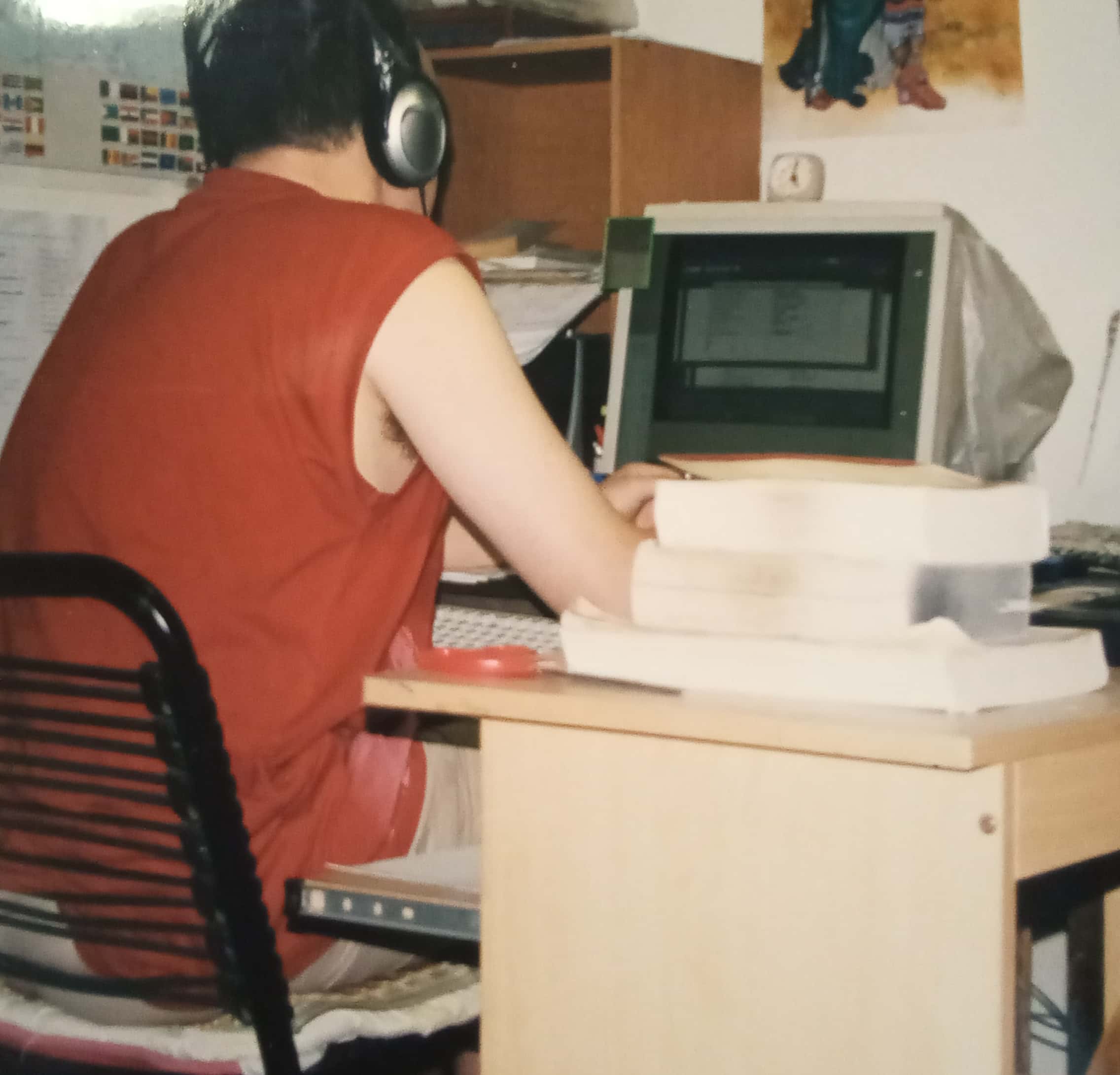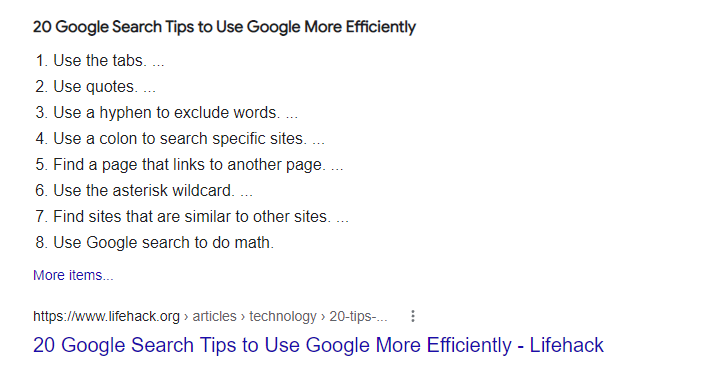WEDNESDAY, 19 OCTOBER 2022
A man appears in a video interview on social media. He refers to himself as a woman, and appears in clothes, make-up and hairstyle that are traditionally more associated with a grown woman than a grown man. He speaks in a high voice and rejoices in the possibilities that he believes are now open to him to be a mother, among other things.
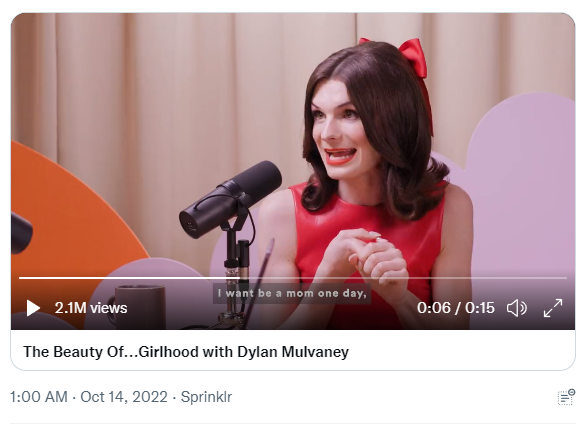
Here are the facts:
1. This person was not born in the seventeenth century. Some people think it would have been interesting to have lived through the wars in Europe during that century, or better or worse times in other parts of the world. Fact is that the person was born in the twentieth century. The person can have clothes made and dress up as someone from the seventeenth century, and even ride around in a horse-drawn carriage but will not be able to change anything about the fact that he was not born in that century. The same argument can be made about the fact that the person was not born in 1950. Maybe he has daydreams about what it would feel like to be a child of the fifties. He can dress in clothes that would have been appropriate in the fifties, sixties, or seventies, but nothing can change the fact that he was not born in 1950.
2. The person was not born as a black man or woman. Some people wish they were born with the DNA and pigmentation of a black person, but the fact is that the person in this video in question is indeed not black. Even if the person wanted to be black, it is not biologically possible. The person can smear shoe polish over his face, but he will never be more than a white person with black shoe polish covering his face.
3. The person was not born in Japan as the child of ethnically Japanese parents. Again, there are Caucasians and people of other races who wish they were born in Japan, as children of ethnically Japanese parents, but alas … they were not. Like the person in the video. He can move to Japan, learn to speak Japanese fluently, adopt Japanese cultural customs, and even get citizenship of the country. But he cannot change the fact that he was not born the child of ethnically Japanese parents.
4. The person was born with biological characteristics that make him a man, not a woman. Because his post-puberty body does not have the biological ability to produce eggs, and he is not capable of bearing children, he is not a woman. If his body had all the biological elements necessary to produce eggs and give birth to children, but because of illness or other medical reasons he cannot go through the process, or because of age or other reasons he can no longer do it, he would still be a woman. But because his body lacks the necessary biological elements, because he has never possessed the necessary elements, and because he will never possess the necessary elements, he cannot be defined as a woman. As with the century or the decade in which you were born, and your ethnic and cultural origin, the person may wish he had been born a woman. He can dress the way he thinks a woman should dress, wear make-up, and change his hairstyle – and make himself guilty of stereotyping how a woman should appear in public. He can also learn mannerisms that are closer to stereotypes of how a woman should talk, or toss her hair, or laugh, or make hand gestures. He can even get hormone treatment that will make his body grow breasts – like a woman. He can go even further and have his penis removed and what is left moulded into something that might look like female genitalia. But nothing will change the fact that he was born with the biological elements that make him a man.
Ultimately, there is no right way to be a boy or a girl, or a right way to be a man or a woman. Not all boys play sports or climb trees. Not all girls play with dolls or walk around in their mothers’ high heels. Likewise, some men like to wear makeup, and they are more comfortable in dresses. Some women prefer short hair and muscular biceps. Some men are sexually attracted to other men, and some women are sexually attracted to other women.
The ways you can express your personality are virtually endless. But if you were not born in the seventeenth century or in 1950, you can say you were, but that won’t change the reality. If you were born in Sudan to ethnic Sudanese parents, nothing you say can change the fact that you were not born in China to ethnic Chinese parents. And if you were born with a penis and one X chromosome and one Y chromosome, nothing can change the fact that you are not a woman as an adult.
Our options of where and how to live are much broader than our ancestors’. You can choose clothing and a hair style that suit your personality. You can choose how you want to talk, how you want to laugh, and what hand gestures you want to use. You can learn to speak several languages fluently and live in any of almost 200 countries in the style most people from that country are used to. You can have surgical procedures done to your body, make changes to how big your ears are or how round your eyes. You can lose weight and get super fit, or you can get as fat as you want. But everything happens within certain limits: When you were born; where you were born but especially where you grew up; who your biological parents are; and alas, the gender you were born with. Play with the proverbial cards dealt to you. Your options are almost endless.
THURSDAY, 20 OCTOBER 2022
Say there’s a guy at work who thinks he’s a pirate. “Peter” dresses up like a Caribbean Sea pirate from the early eighteenth century. He often swings his sword around when he thinks no one is looking, and every now and then he utters sounds like “Argh!” and “Gar!”
The guy is generally pleasant, and he does his job well enough that no one complains. Most people are polite and play along with his delusion.
One week you realise he’s not there. After asking around, you learn that he had one of his legs amputated and replaced with a wooden peg. Like a real pirate.
The piracy trend gets stronger and stronger not only in your country, but in other countries as well. People who identify as pirates even start political pressure groups.
After another year or three, everyone is informed at an urgent meeting that if anyone fails to confirm the self-identification of “Redbeard” (formerly known as “Peter”) as a real pirate, you can just pack your things and leave. Hateful people like you are not welcome in the company.
What to do now? Everyone has always known that “Peter” wished he had been born in the eighteenth century, with circumstances that would have forced him to spend his life as a pirate. But everyone also knows that “Peter” – like all his colleagues – does not live in the eighteenth century, and that “Peter” is not really a pirate. But now you could lose your job if you don’t support his delusion? You get an official warning if you don’t refer to him as “Redbeard”? And are reports true that the police have started to arrest people for saying nasty things on social media about Real Pirates?
My opinion is that “Peter”, as things stand now, can go to hell. Not because he wants to be a pirate. Not because he identifies as a Real Pirate. And not because he had one of his legs replaced with a wooden peg. “Peter” is a grown man. He can do what he wants with his leg. And he can appear in public as he likes. And he can yell “Argh!” and “Gar!” until his throat becomes hoarse. But if I can lose my job if I don’t greet him back with an “Argh!” and a “Gar!”, and if I am socially ostracised and labelled as hateful because I think he wasn’t really born in the eighteenth century, then there’s something wrong with the whole story.
* * *
Getting back to Dylan Mulvaney, the person in the video with the red dress and the red bow in his hair. Do I want someone to pull the bow out of his hair? Are you crazy? Do I want someone to yell at him to take the dress off because men don’t wear dresses? Again, are you out of your mind? Men can wear what they want. Women can wear what they want. Women can flex their muscles and ride motorcycles and swear and smoke and wear their hair short and sleep with other women. Men can wear dresses and make-up and tread delicately in high heels and laugh in high-pitched voices and sleep with other men. None of that is my business.
When does it become my business? When one is compelled in your speech to deny biological reality.
Why is this even a possibility? Because an obscure academic idea about gender identity almost overnight became the dominant ideology in some Western countries.
Would I also have a problem with people losing their jobs or being banned from social media or having to close their businesses because they don’t want to submit to the idea that Jesus Christ is their “Personal Lord and Saviour”? Yes, I would have a problem with that too. The same with people being forced to publicly submit to the idea that “Allah is the Only God, and Muhammad is his Prophet.”
There is reality, and there is belief. In a free, liberal world, we are free to believe as we wish and appear to ourselves and others as we see fit, as long as we do no harm to anyone. And we should be free to point out biological reality without fear of being chased down the street by an angry mob, or worse, by the police. Even if our refusal to support someone else’s perception of themselves hurts their feelings.
FRIDAY, 4 NOVEMBER 2022
In the debate about gender ideology, there seems to be broadly two camps.
Camp One says there is no right way to be a boy or a girl. Boys can wear their hair long, arrange flowers, play with dolls and design clothes, speak with a high-pitched voice, and have manners and habits that remind some people more of a woman or a girl, and still be boys. Girls can wear their hair short, climb trees, get into fistfights with boys, allow their legs to get fluffy when they’re older, and like motorcycles and cars, and still be girls.
Camp Two believes there is a right and a wrong way to be a boy and a girl. These right and wrong ways correspond to stereotypes from decades ago. Boys have short hair and muscles. They like sports and swearing and cycling through the mud. Girls are delicate and wear their hair long. They wear dresses and can’t wait to wear makeup like older women. They also prefer to spend their time in the house and play with their dolls. Boys who like things that girls usually like, or girls who have habits and preferences more associated with boys, are manifestations of a tragic phenomenon in nature: children born in the wrong bodies. When the child then realises something is wrong, or when their parents become aware that something had gone horribly wrong in the womb, they must, after short consultations with medical staff and perhaps a psychologist, be placed on puberty blockers and hormone treatment. If applicable, they also have to go for breast removal surgery sooner rather than later and begin the long and expensive and risky process of transforming their existing genitalia into genitalia of their real gender.
If you have young children or you’re planning to start with a family in the near future, or if you are serious about the right of women to have their own spaces, including help centres for abused women or even prisons free of male prisoners who identify as women, or the right of gay men and women to limit their relationships to people of their own biological sex without being called “transphobic”, it might be a good idea to sort out in which camp you feel more comfortable.
Read more about the debate:
2018-07-06 – Saying Goodbye to the Tomboy (“Danya”)
2018-10-19 – We must reject self-identification (Joanna Williams)
2018-10-31 – Silencing Women in the Name of Trans Activism (Julie Bindel)
2019-01-31 – Homophobia and the Modern Trans Movement (Sky Gilbert)
2019-02-01 – The Nature of Sex (Andrew Sullivan)
2019-12-06 – The trans ideology is a threat to womanhood (Meghan Murphy)
2021-02-09 – Inside Planned Parenthood’s Gender Factory (Abigail Shrier)
2022-06-15 – The Billionaire Family Pushing Synthetic Sex Identities (Jennifer Bilek)
2022-07-26 – I Would Have Been a ‘Trans Kid’ (Eva Kurilova)
______________________
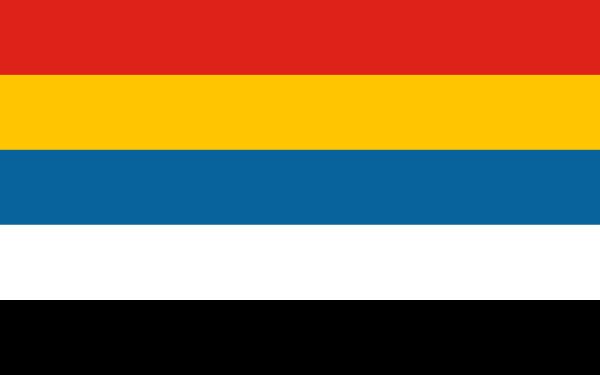
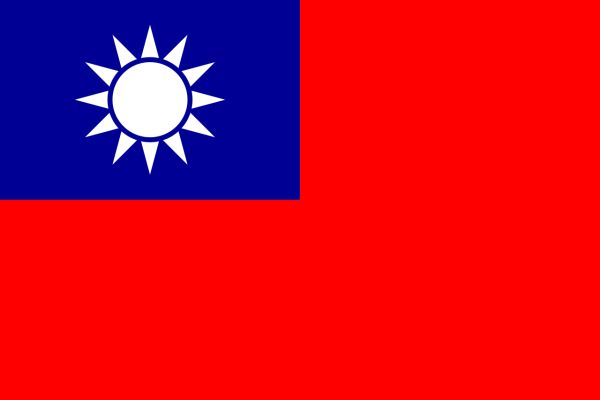
_Passport_2020.png)
